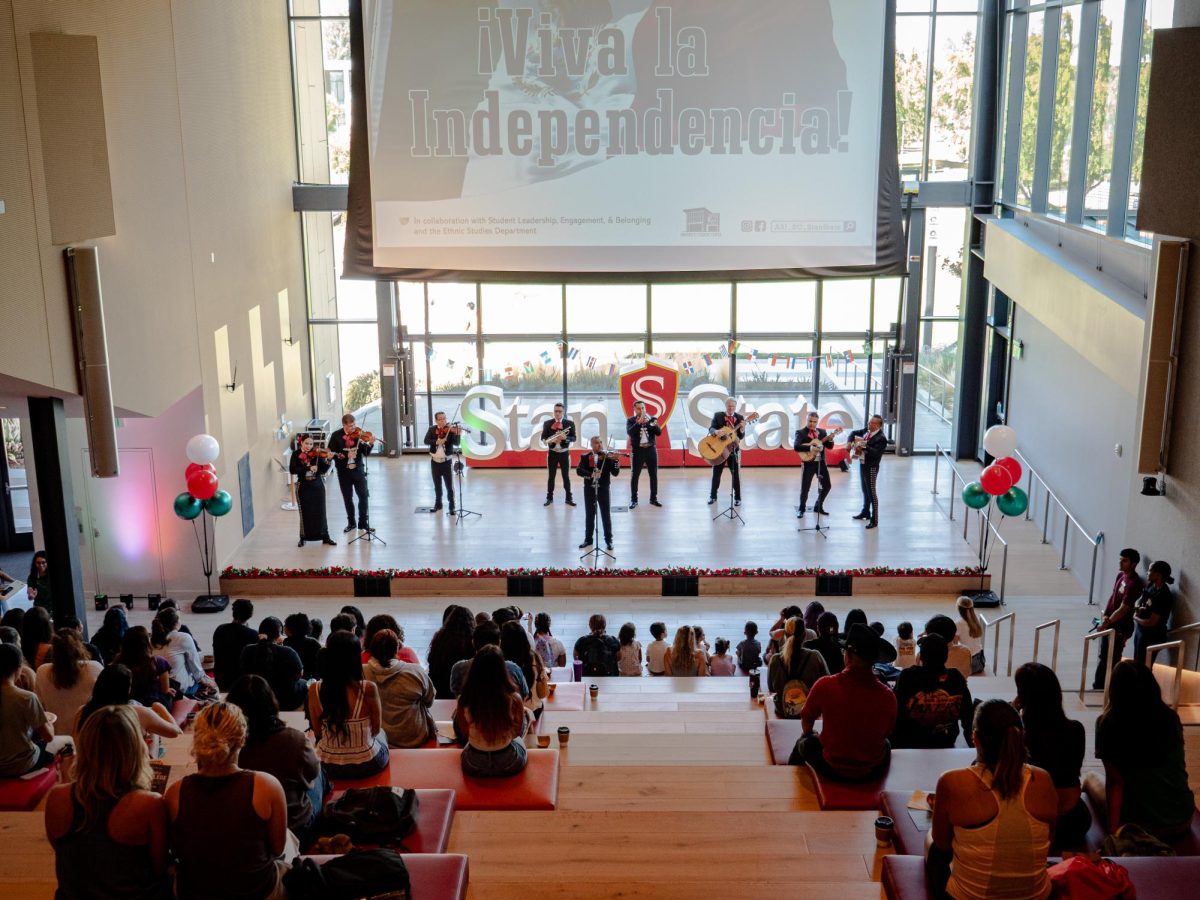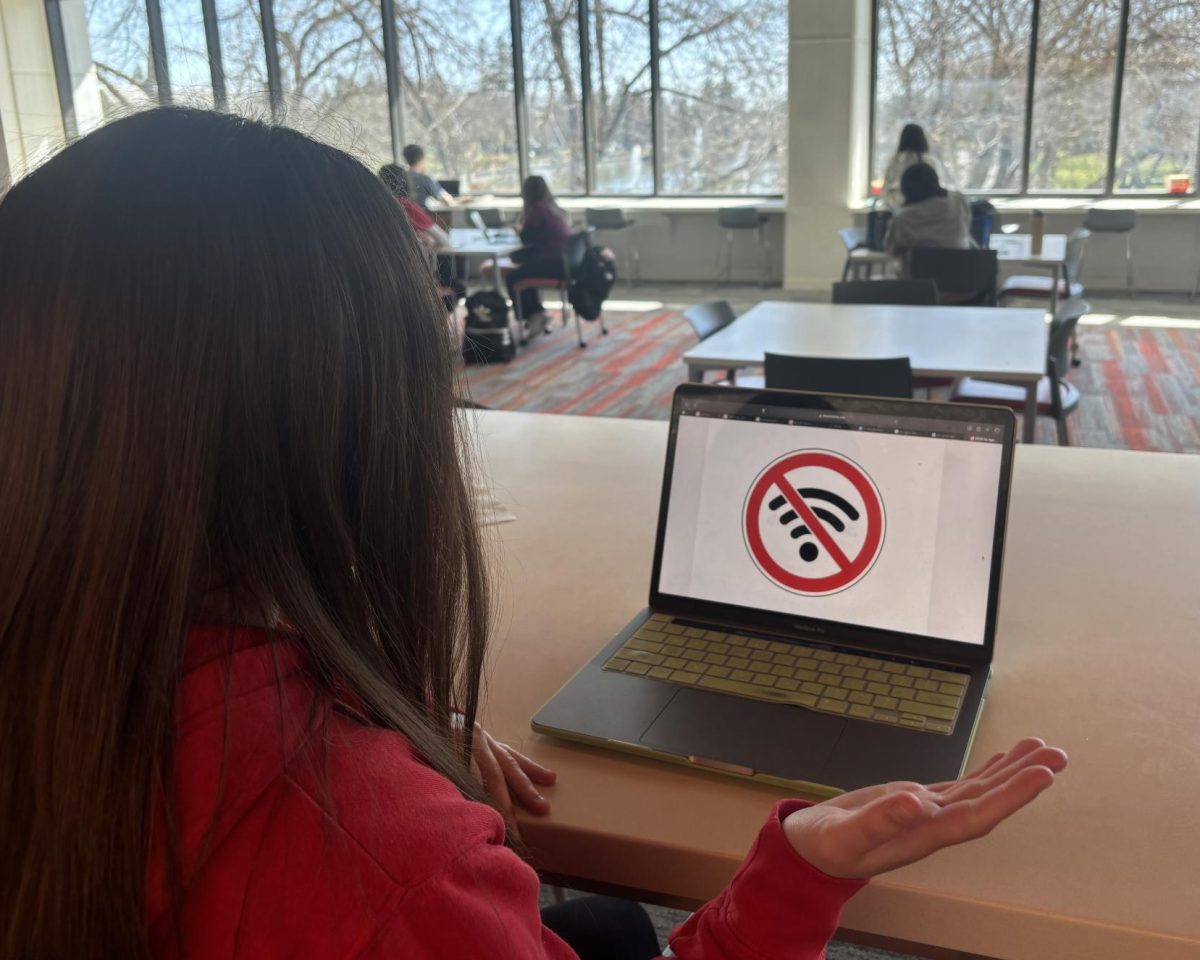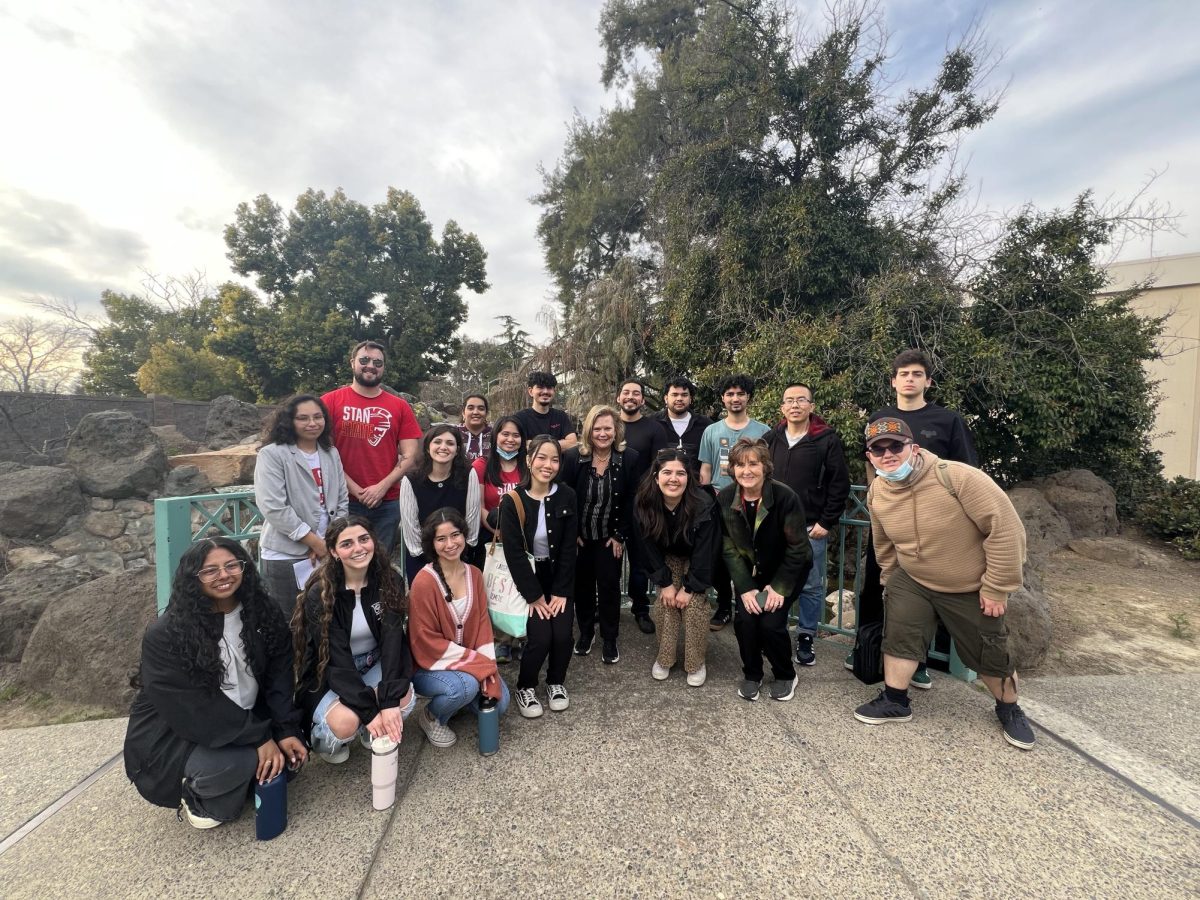The Jordan River—a man-made boundary in the Middle East. Its imprisoned water hesitantly flows by soldiers holding firearms on both sides of its banks.
The baptismal site of Jesus Christ was a military zone full of mines.
“It was scary to visit such a significant Christian historic scene,” said John Bedrossian, an Armenian living in the Armenian convent of Jerusalem. “What hurts the most is that people have created these dangers.”
After the year 1967, the river served as the border between Israel and Jordan. The territory to the West of the Jordan River was called West Bank, which is currently a disputed area between the Israelis and the Palestinians.
A few years ago, churches got the approval to hold religious ceremonies on the banks of the Jordan River. Tourists and locals were also given permission to visit the location.
As a result of the peace agreement between Jordan and Israel, church leaders got permission in both countries to celebrate the baptism of Christ with their congregation at the site.
At the time, the buses were escorted by a military convoy. Yet, two years ago, the site was developed as a religious and touristic area. The location is now open to the public seven days a week from 9:00 a.m. to 5:00 p.m.
“We are grateful to have the opportunity to view this holy site that our fathers talked about,” said Araz Merguerian, an Armenian living in California.
Merguerian said his father used to tell him that his cousins were baptized in the river as they stood in boats. The latter took place before 1967 when the Jordan River was under the control of the Jordanian government and was open to the public.
Once a year, Armenians from Jerusalem gather on the West Bank of the river and celebrate the baptism of Christ.
Armenian families from Jerusalem and Amman contact each other on the day of the baptism and plan to see each other once a year.
Some of the Armenians who are not allowed to visit Jordan because of documentation reasons have found a way to see their families. Separated by the waters of the Jordan River, family members can only see each other and exchange gestures.
“We are honored to be standing on the banks of the Jordan River and thankful that we can see our families,” Bedrossian said.
Today, the Jordan River does not serve to separate families, but brings them together on the occasion of celebrating Christ’s baptism.
Categories:
Jordan River
By Arpi Nakashian
•
February 8, 2012
0
Donate to Signal
Your donation will support the student journalists of California State University, Stanislaus. Your contribution will allow us to purchase equipment and cover our annual website hosting costs.
More to Discover






